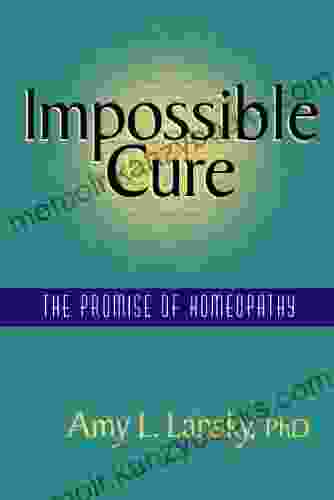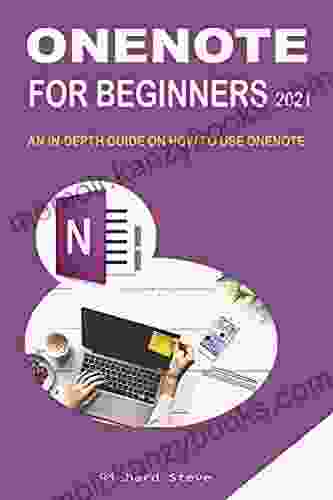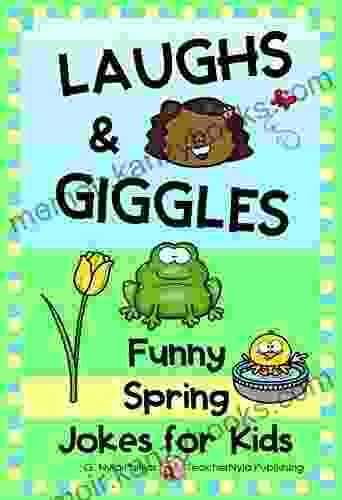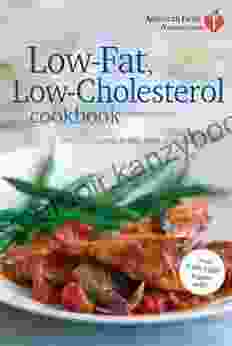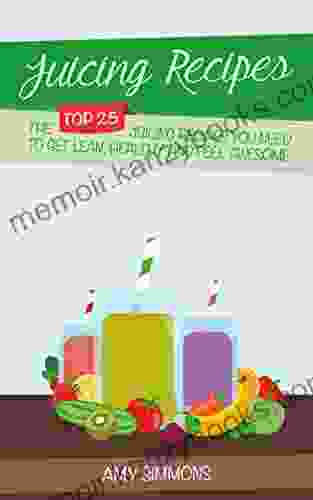The Impossible Cure: Unraveling the Promise and Pitfalls of Homeopathy

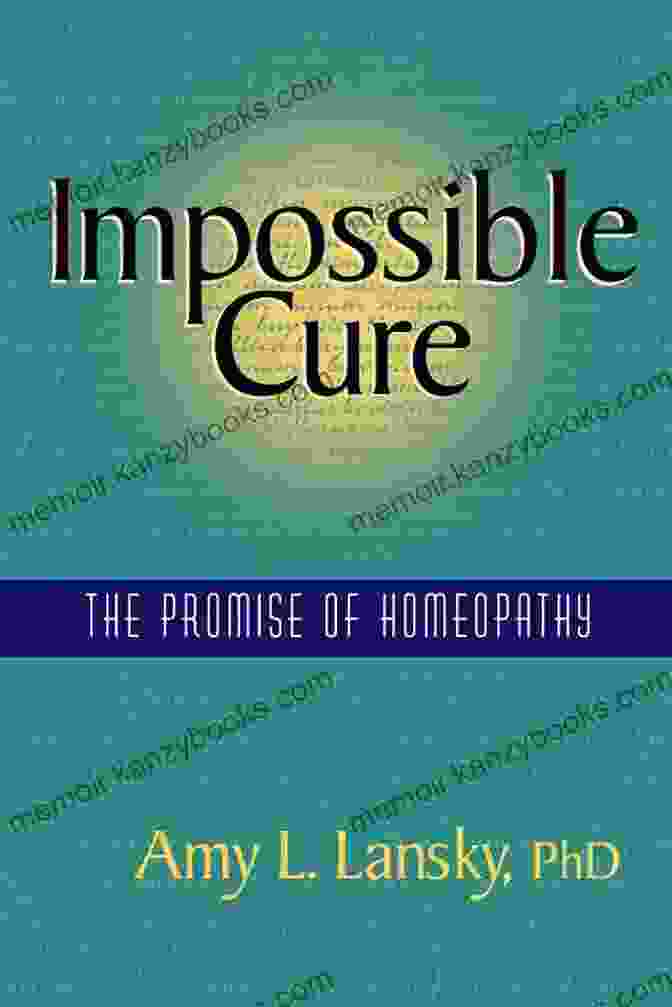
: A Journey into the Realm of Homeopathy
Homeopathy, a controversial alternative medicine system, has captivated the imaginations of many with its intriguing premise: "like cures like." This ancient practice claims to alleviate ailments by administering highly diluted substances that, if taken in substantial doses, would produce the very symptoms they aim to treat. However, scientific scrutiny has cast doubt on its efficacy, leaving many wondering whether homeopathy is truly a miraculous cure or an elaborate placebo.
Delving into the History and Principles of Homeopathy
Homeopathy's roots can be traced back to the 18th century, with German physician Samuel Hahnemann as its founding father. Hahnemann proposed that the body's natural healing abilities could be stimulated by administering minute doses of substances that cause similar symptoms in healthy individuals. This principle, known as the "law of similars," forms the cornerstone of homeopathic practice.
4.5 out of 5
| Language | : | English |
| File size | : | 607 KB |
| Text-to-Speech | : | Enabled |
| Screen Reader | : | Supported |
| Enhanced typesetting | : | Enabled |
| Word Wise | : | Enabled |
| Print length | : | 322 pages |
| Lending | : | Enabled |
Homeopathy differs from conventional medicine in several ways. First, its remedies are prepared through a unique process called "potentization," which involves serial diluting and shaking the source substance. This process, often repeated dozens or hundreds of times, leaves behind minuscule amounts of the original substance, leading to controversy over whether any active ingredients remain.
Second, homeopaths emphasize the holistic approach, considering the individual's overall health, emotional state, and lifestyle rather than focusing solely on the specific ailment. They believe that each patient requires a personalized treatment plan, and remedies are often tailored to specific constitutions and symptoms.
The Efficacy of Homeopathy: A Matter of Scientific Debate
Despite its widespread use, the efficacy of homeopathy remains a subject of significant scientific debate. Numerous clinical trials have failed to provide consistent evidence supporting the effectiveness of homeopathic remedies beyond the placebo effect.
Meta-analyses, which combine the results of multiple studies, have generally concluded that homeopathy does not outperform placebos in treating various conditions. A notable example is a 2015 meta-analysis published in The Lancet, which analyzed 110 clinical trials and found no evidence of homeopathy's superiority over placebo.
Skeptics argue that the extreme dilutions employed in homeopathy render the remedies devoid of any biologically active molecules. They contend that any observed effects are likely due to factors such as the placebo effect, biased reporting, or methodological flaws in some studies.
Placebo Effect and the Power of Belief
The placebo effect, a well-documented phenomenon, refers to the positive health outcomes experienced by patients who believe they are receiving effective treatment, even when they are not. Homeopathy's reliance on highly diluted remedies raises concerns about the role of the placebo effect in its apparent efficacy.
Studies have shown that belief in a treatment can significantly influence its perceived effectiveness. In homeopathy, the patient's trust in the practitioner, the ritualistic nature of the treatment, and the perceived individualization of care may all contribute to a positive placebo response.
The Ethical Concerns Surrounding Homeopathy
Beyond its unproven efficacy, homeopathy raises ethical concerns. Some critics argue that promoting homeopathy as an alternative to evidence-based medicine may lead patients to delay or avoid effective treatments. This can have serious consequences, especially in cases of severe or life-threatening illnesses.
Additionally, the lack of regulation in the homeopathic industry has resulted in inconsistent quality of remedies and potential safety concerns. Some studies have identified contaminants or undeclared ingredients in homeopathic products, raising questions about their safety and efficacy.
: The Paradox of Homeopathy
Homeopathy presents a paradox: a system of medicine with a devoted following and a long history, yet with little scientific evidence to support its claims. While the placebo effect may account for some of its perceived benefits, the lack of consistency and reliability in clinical trials raises concerns about its true efficacy.
As a result, many experts recommend against relying solely on homeopathy for medical treatment. While it may have anecdotal benefits for some individuals, it should not replace evidence-based medicine when serious health conditions are at stake.
The ongoing debate surrounding homeopathy highlights the importance of critical thinking and scientific scrutiny in healthcare choices. Patients should be fully informed about the limitations and potential risks of alternative therapies before making decisions about their health.
4.5 out of 5
| Language | : | English |
| File size | : | 607 KB |
| Text-to-Speech | : | Enabled |
| Screen Reader | : | Supported |
| Enhanced typesetting | : | Enabled |
| Word Wise | : | Enabled |
| Print length | : | 322 pages |
| Lending | : | Enabled |
Do you want to contribute by writing guest posts on this blog?
Please contact us and send us a resume of previous articles that you have written.
 Book
Book Novel
Novel Page
Page Chapter
Chapter Text
Text Story
Story Genre
Genre Reader
Reader Library
Library Paperback
Paperback E-book
E-book Magazine
Magazine Newspaper
Newspaper Paragraph
Paragraph Sentence
Sentence Bookmark
Bookmark Shelf
Shelf Glossary
Glossary Bibliography
Bibliography Foreword
Foreword Preface
Preface Synopsis
Synopsis Annotation
Annotation Footnote
Footnote Manuscript
Manuscript Scroll
Scroll Codex
Codex Tome
Tome Bestseller
Bestseller Classics
Classics Library card
Library card Narrative
Narrative Biography
Biography Autobiography
Autobiography Memoir
Memoir Reference
Reference Encyclopedia
Encyclopedia Tom Buford
Tom Buford Martha S Manning
Martha S Manning Andrea Grace
Andrea Grace Noah White
Noah White Kaitlyn Pitts
Kaitlyn Pitts Nessa Rapoport
Nessa Rapoport Andrea Baumgardner
Andrea Baumgardner Bradley M Gottfried
Bradley M Gottfried Red Hawk
Red Hawk James Cowan
James Cowan Andrea De Mauro
Andrea De Mauro Ana Quincoces Rodriguez
Ana Quincoces Rodriguez Eneida Mcalister
Eneida Mcalister Terry Matlen
Terry Matlen Sicily Yoder
Sicily Yoder Ana Marinho
Ana Marinho Carl Ostling
Carl Ostling Amie Kaufman
Amie Kaufman Jason Dollar
Jason Dollar Ellie O Ryan
Ellie O Ryan
Light bulbAdvertise smarter! Our strategic ad space ensures maximum exposure. Reserve your spot today!

 Christian BarnesIntroducing Hydro and Fluid Cartoons: An Educational Delight for Children
Christian BarnesIntroducing Hydro and Fluid Cartoons: An Educational Delight for Children Dave SimmonsFollow ·5.1k
Dave SimmonsFollow ·5.1k Darrell PowellFollow ·10.3k
Darrell PowellFollow ·10.3k Floyd RichardsonFollow ·4.8k
Floyd RichardsonFollow ·4.8k Edmund HayesFollow ·2.7k
Edmund HayesFollow ·2.7k W.B. YeatsFollow ·10.2k
W.B. YeatsFollow ·10.2k Ignacio HayesFollow ·18.7k
Ignacio HayesFollow ·18.7k Efrain PowellFollow ·4.9k
Efrain PowellFollow ·4.9k Jim CoxFollow ·17.7k
Jim CoxFollow ·17.7k
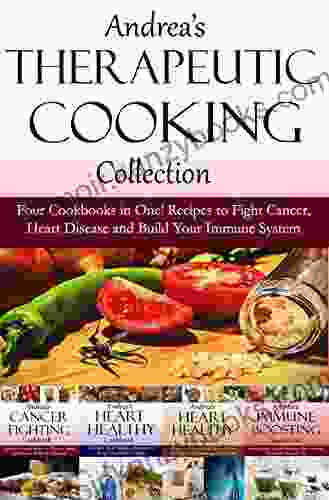
 Miguel Nelson
Miguel NelsonFour Cookbooks In One: Recipes To Fight Cancer, Heart...
Looking for a healthy way...
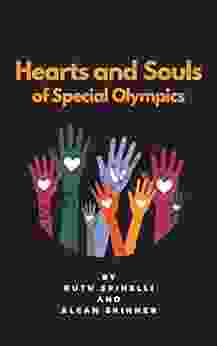
 Marcus Bell
Marcus BellHearts and Souls: Exploring the Lives and Legacies of...
The Special Olympics movement has been a...

 Tony Carter
Tony CarterDiagnosed With Breast Cancer: Navigating Life After the...
A breast cancer diagnosis can be a...
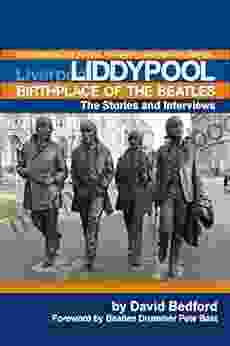
 Joe Simmons
Joe SimmonsLiddypool: The Stories and Interviews – A Literary...
In the realm of...
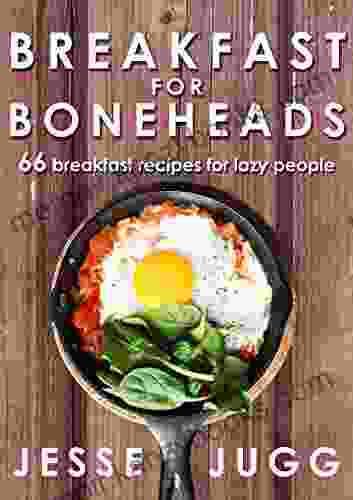
 Jett Powell
Jett PowellBreakfast for Boneheads: 66 Breakfast Recipes for Lazy...
Are you tired of eating the...
4.5 out of 5
| Language | : | English |
| File size | : | 607 KB |
| Text-to-Speech | : | Enabled |
| Screen Reader | : | Supported |
| Enhanced typesetting | : | Enabled |
| Word Wise | : | Enabled |
| Print length | : | 322 pages |
| Lending | : | Enabled |


